China bites BBA, but BBA sings in response
![]() 03/26 2025
03/26 2025
![]() 625
625
Once a luxury brand lowers its stance, it can never go back.
As Mercedes-Benz, BMW, and Audi successively released their 2024 financial reports, BBA delivered their worst performance in recent years, with declines in sales, revenue, and profits.
It is worth noting that all three German luxury brands have placed "China" in the most important position in their financial reports.
Judging from the data, BBA's decline seems unstoppable.
Audi Group's total revenue was €64.532 billion, a year-on-year decrease of 7.6%; operating profit fell from €6.28 billion in 2023 to €3.903 billion, a year-on-year decrease of 37.8%, and the operating profit margin also dropped from 9% to 6%. After-tax profit and net cash flow also declined, with after-tax profit falling from €6.26 billion to €4.189 billion, and net cash flow from €4.74 billion to €3.072 billion.
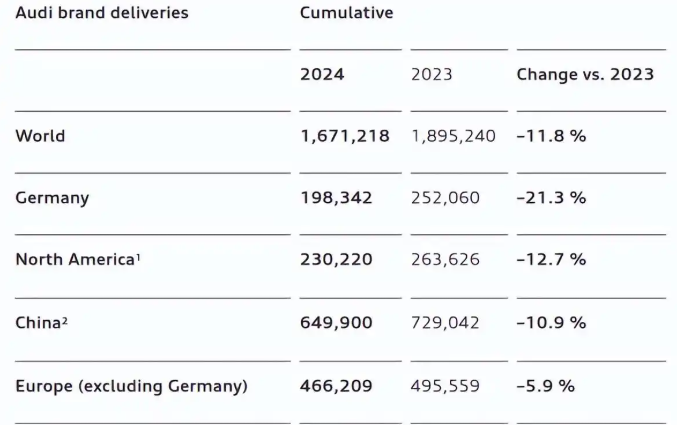
BMW Group's annual revenue was €142.380 billion, a year-on-year decrease of 8.4%; pre-tax profit was €10.971 billion, a year-on-year decrease of 35.8%; and the pre-tax profit margin was 7.7%, a decrease of 3.3 percentage points year-on-year. Among them, revenue in China fell 22% to €31.786 billion, a decrease of nearly €9.05 billion from 2023.
Deliveries of 715,200 vehicles fell 13.4% year-on-year, making China the market with the largest sales decline among BMW's global markets.
BMW Group Chairman Oliver Zipse said that although the group achieved sales growth in three-quarters of its regions, the "continued weakness in the Chinese market significantly dragged down overall performance." Industry data shows that the total sales of the luxury car market in China fell 7.8% to 2.7421 million vehicles in 2024, while price wars led to an 8% year-on-year decline in automotive industry profits in 2024, with an average profit margin of only 4.3%.
Mercedes-Benz's total operating revenue in 2024 was €145.594 billion, a year-on-year decrease of 4.5%; gross profit was €28.576 billion, a year-on-year decrease of 19.5%; and gross profit margin fell to 19.6%, the first time in four years that it has fallen below 20%. After-tax net profit was €10.409 billion, a decrease of 28.4% from the same period last year.
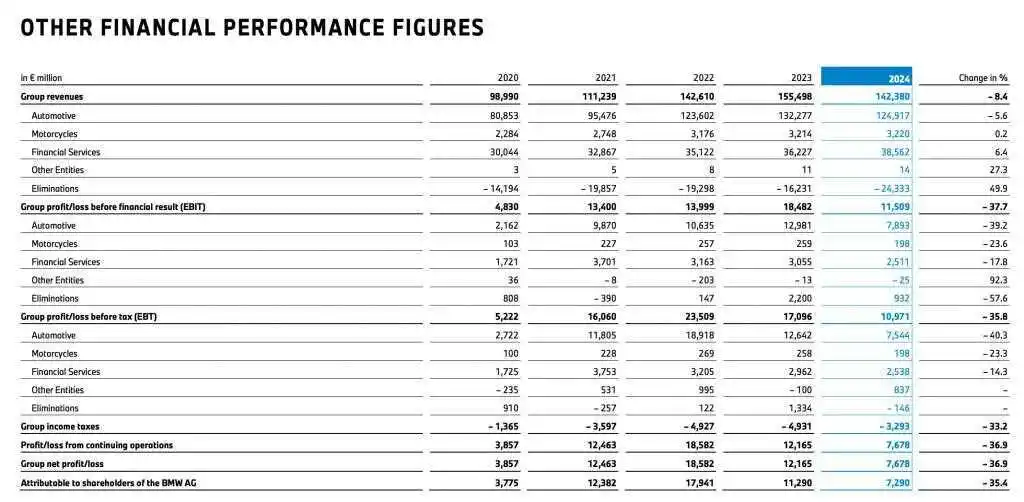
Similarly, China was also Mercedes-Benz's single market with the largest decline globally, with cumulative sales of 683,600 vehicles in 2024, a year-on-year decrease of 7%.
Last year, a fierce price war swept through Mercedes-Benz, BMW, and Audi, and luxury brands also began to trade price for volume. Although BMW and Mercedes-Benz both wanted to return to value orientation in a short period of time, they soon found that once a luxury brand lowers its stance, it can never go back.
Redefining "Luxury"
Taking Audi as an example, in 2024, FAW-Volkswagen Audi achieved sales of 611,100 vehicles, a decline of over 12% compared to 698,200 vehicles in 2023; during the same period, SAIC Audi's cumulative deliveries increased by 70% year-on-year to 43,200 vehicles.
It is worth noting that in 2024, FAW-Volkswagen Audi adopted a substantial price reduction strategy for multiple models, with price reductions ranging from €32,000 to €100,000. For a long time in the past, Audi maintained sales growth through substantial terminal discounts, but this tactic is no longer applicable today.
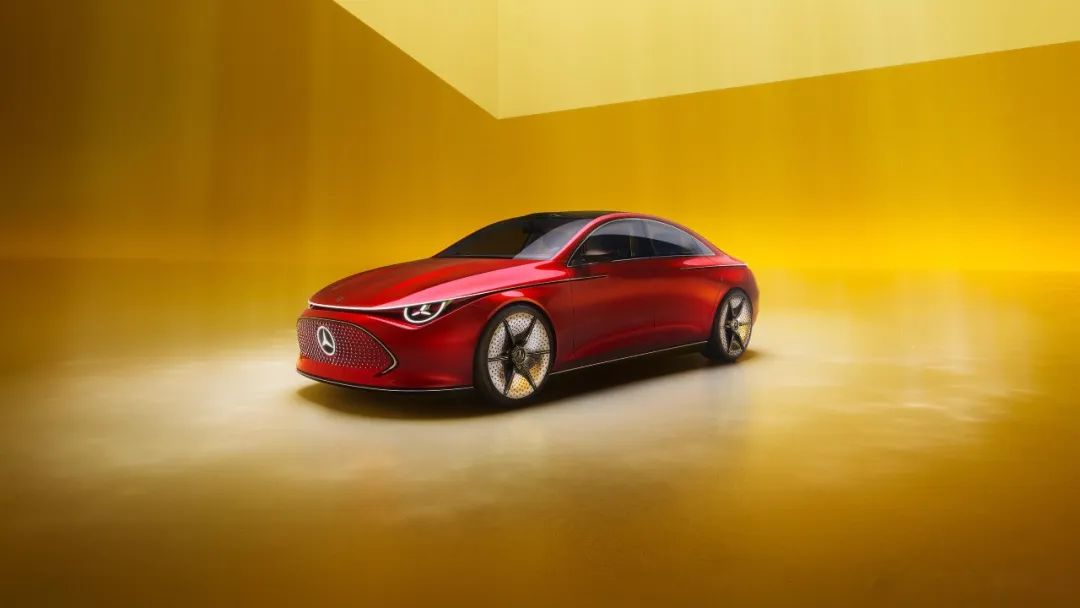
From Mercedes-Benz's specific data, it can also be seen that its sales decline mainly came from "high-end luxury" and "new-generation luxury," especially the sales of entry-level models, which fell from 619,000 in 2023 to 534,000 last year, and their share of total sales declined from 30.3% to 27%.
The average price data of Mercedes-Benz at €328,000, BMW at €317,000, and Audi at €268,000 not only failed to demonstrate the expected "luxury" aura but instead exposed the cruel reality that brand premium is accelerating its loss. It should be noted that the average price of Hongmeng Intelligent Driving is close to €400,000.
The sense of crisis brought about by declining sales is sufficiently oppressive, but what is even more terrifying is that BBA is no longer a symbol of luxury. Some netizens even joked, "I couldn't afford BBA before because I was poor, and now I can't afford it because I'm still poor."
When the landlord runs out of surplus grain, the first thing that comes to mind is to increase revenue and reduce expenditures. The three companies invariably focused on cost reduction.
Mercedes-Benz successfully reduced production costs by 5% by optimizing production processes and supply chain management. Mercedes-Benz said it plans to reduce production costs by 10% by 2027, and fixed cost reduction initiatives will also continue until 2027, further compressing fixed costs through measures such as optimizing the supply chain and improving production flexibility.
BMW has also made significant breakthroughs in its cost reduction plan, saving €1.2 billion in operating costs through the integration and optimization of global production bases.
Audi stated that it has reduced parts procurement costs without affecting product quality. At the same time, it actively adjusts its product mix, attempting to increase the sales share of high value-added models, further optimizing profits.
After all, investments in the transition to new energy have already made BBA unable to make ends meet. Despite emphasizing the transition to new energy for many years, the sales of BBA's new energy vehicles accounted for less than 20% of their total sales.
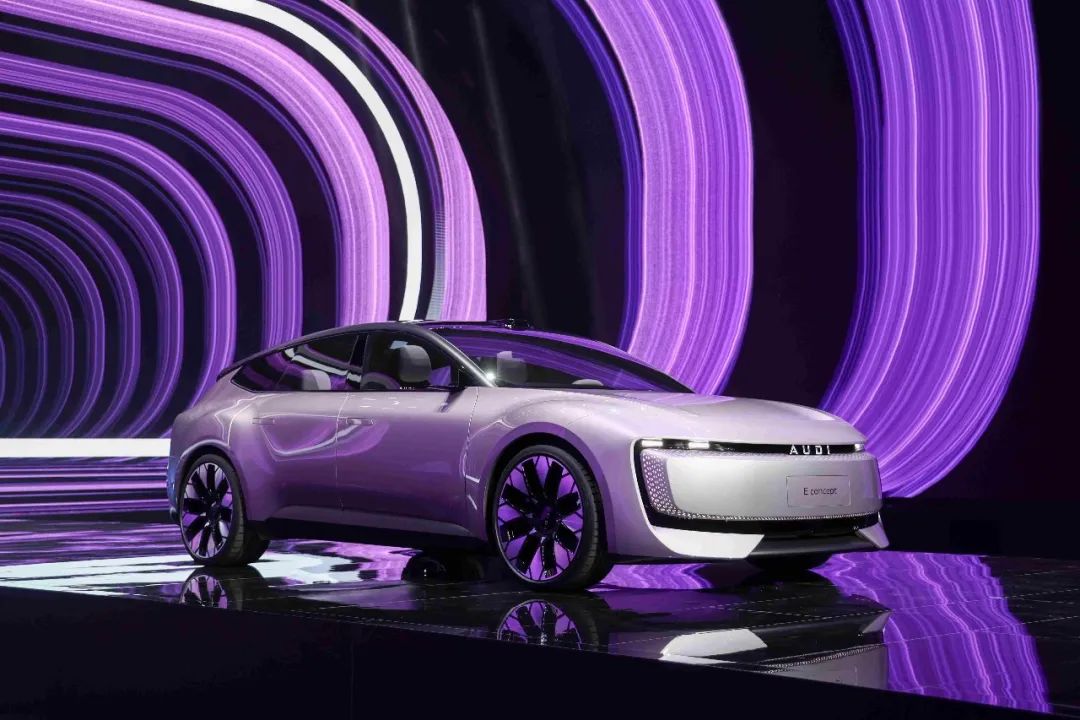
Among FAW-Volkswagen Audi's many new energy models, the Audi Q4 e-tron had the best sales, but its cumulative sales in 2024 fell by more than 30% year-on-year to only about 15,800 vehicles, even inferior to the monthly sales performance of leading domestic new energy vehicles.
Mercedes-Benz sold 185,000 electric vehicles in 2024, accounting for only 9.3% of its total sales, with a decline of up to 23%. In the Chinese market, despite the continuous expansion of Mercedes-Benz's electric vehicle lineup, it has not made a significant impact on sales. Mercedes-Benz has even been reluctant to publicly disclose specific sales data for electric vehicles in the Chinese market.
BMW fared slightly better, with its pure electric vehicle sales in China increasing by 7.7% year-on-year in 2024, accounting for 15% of the group's total sales in China. Currently, BMW Group has delivered over 400,000 new energy vehicles in the Chinese market.
Despite their bold slogans, BBA's performance in recent years has shown the failure of their investments in the transition to new energy over the years.
Putting aside luxury, nourishing back with Chinese technology
China bites BBA, but BBA sings in response.
Audi's global CEO Markus Duesmann said that Audi is emulating the "Chinese speed," and the headquarters has set a goal to match China in terms of transformation speed.
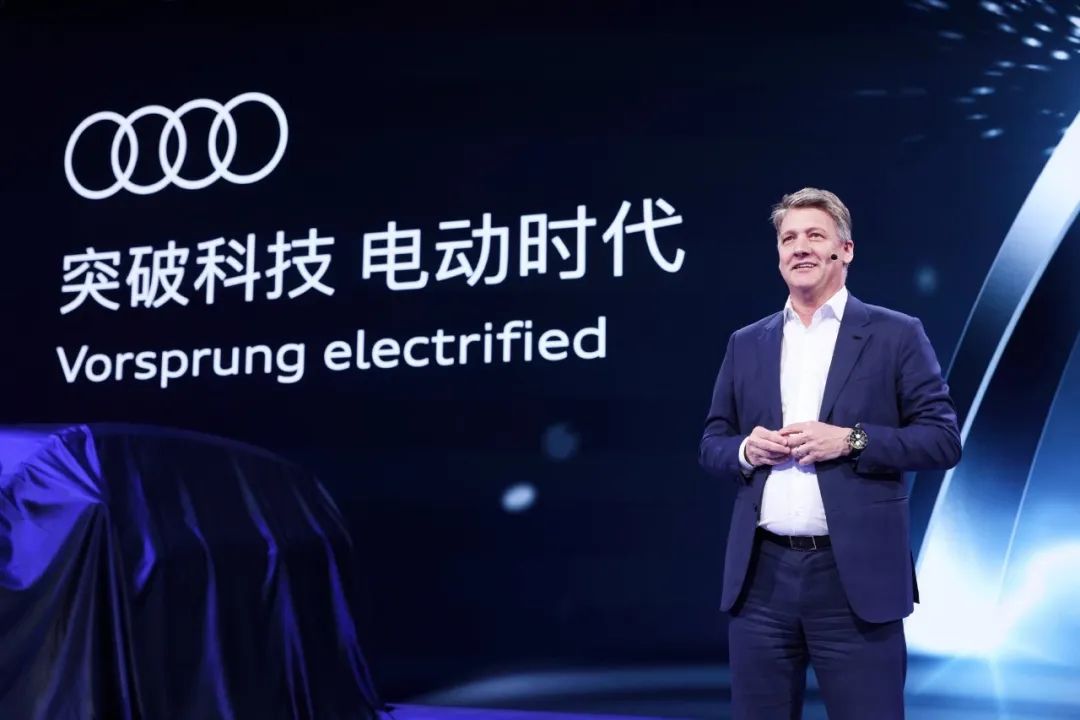
BMW Group Chairman Oliver Zipse clearly stated that 2025 is the "strategic year that will determine the success or failure of the next decade." BMW plans to launch over 40 new models by 2027, covering all market segments, strengthening the concept of "home in China." Among them, the Neue Klasse models specifically designed for electric vehicles will be mass-produced in China in 2026, and the first batch of test vehicles have already started verification in Shenyang.
It needs to be emphasized that BBA has begun to realize that the past model of plowing ahead blindly can no longer catch up with the leadership of Chinese enterprises in intelligence and electrification.
Cooperation is the only way.
Two days after releasing its 2024 financial report, on March 17, BMW China and Huawei Terminals officially announced a strategic partnership. The two parties will develop core functions such as digital keys and HiCar vehicle-to-machine interconnection based on the HarmonyOS ecosystem, marking the official entry of this German luxury automaker into Huawei's intelligent vehicle camp.
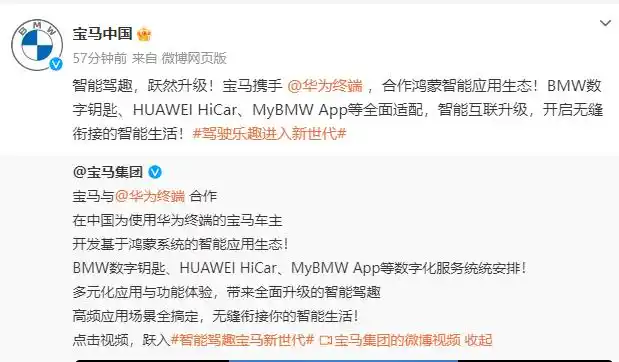
According to the plan, the BMW digital key function developed based on HarmonyOS NEXT will be available within the year, allowing users to unlock, lock, or start the vehicle using Huawei phones; the deeply integrated HUAWEI HiCar will be the first to be equipped on locally produced BMW Neue Klasse models in 2026, seamlessly integrating the Huawei HarmonyOS ecosystem into the BMW intelligent cockpit, realizing the ecological integration of "people-vehicle-home Smart interconnection of the entire scene " and further enriching in-car applications and intelligent digital experiences for BMW users.
A few days before BMW officially announced its "partnership" with Huawei, Audi had already announced its cooperation with Huawei. On March 11, FAW-Volkswagen Audi announced that it would firmly implement a product strategy of leading in both "fuel and electric" lines, planning to launch five new models in 2025, all based on the two new platforms of PPC+PPE and equipped with advanced intelligent driving assistance systems jointly developed by Audi and Huawei.
BBA is beginning to defect to Huawei.
To some extent, Huawei's cooperation with BBA is rewriting the survival rules for multinational automakers in China. From the perspective of the supply chain alone, Europe does not have enough suppliers to support the electrification and intelligent transformation of luxury brands. If everything relies on self-research funding and time costs, it will be unable to meet the transformation needs.
The failures of recent years are bloody lessons, and cooperation with Chinese enterprises is the only way out. To some extent, Huawei and a series of upstream enterprises are rewriting the survival rules for multinational automakers in China.
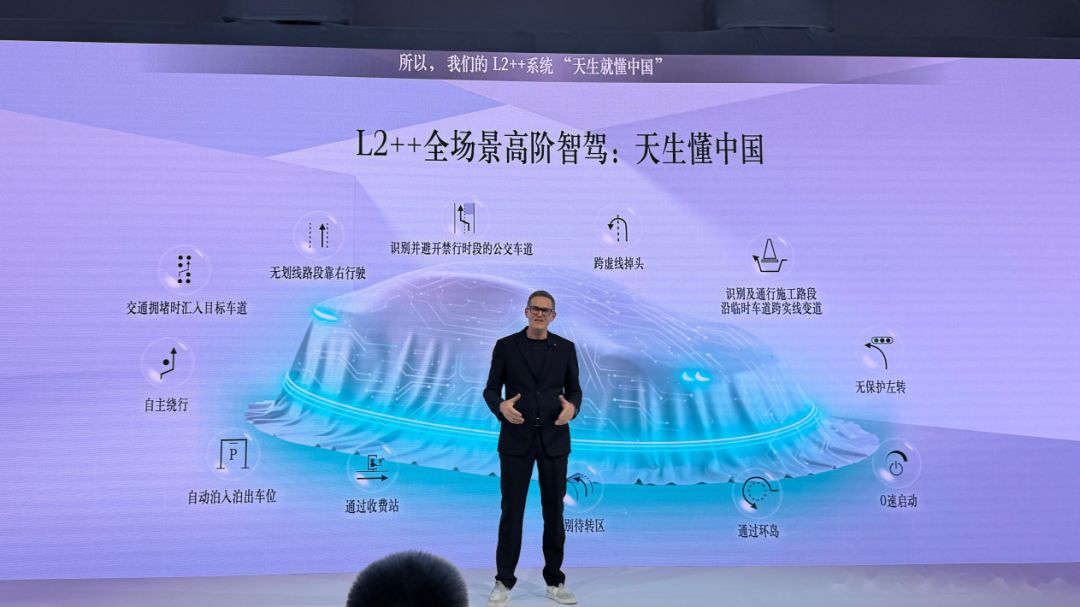
Although Mercedes-Benz does not yet have a suitable plan for itself, the two R&D centers in Beijing and Shanghai have become important fulcrums for Mercedes-Benz's global intelligent transformation. For example, the CLA to be launched this year will come standard with the self-developed MB.OS operating system, optimized for the Chinese market. In addition, it will also be equipped with a "mapless" L2++ advanced intelligent driving system led by the Chinese team.
Mercedes-Benz hopes to compete with Chinese new forces for the right to speak on "technological luxury" through this, and relevant technologies will also nourish the global market.
Being able to put aside luxury, reasonably face changes in the Chinese market is a significant progress for BBA after experiencing pain, but if it still fails after fully opening up cooperation, there will be no retreat.
Note: Some images are sourced from the internet. Please contact us for removal if there is any infringement.







